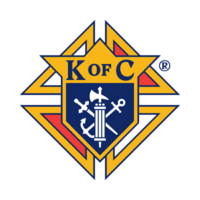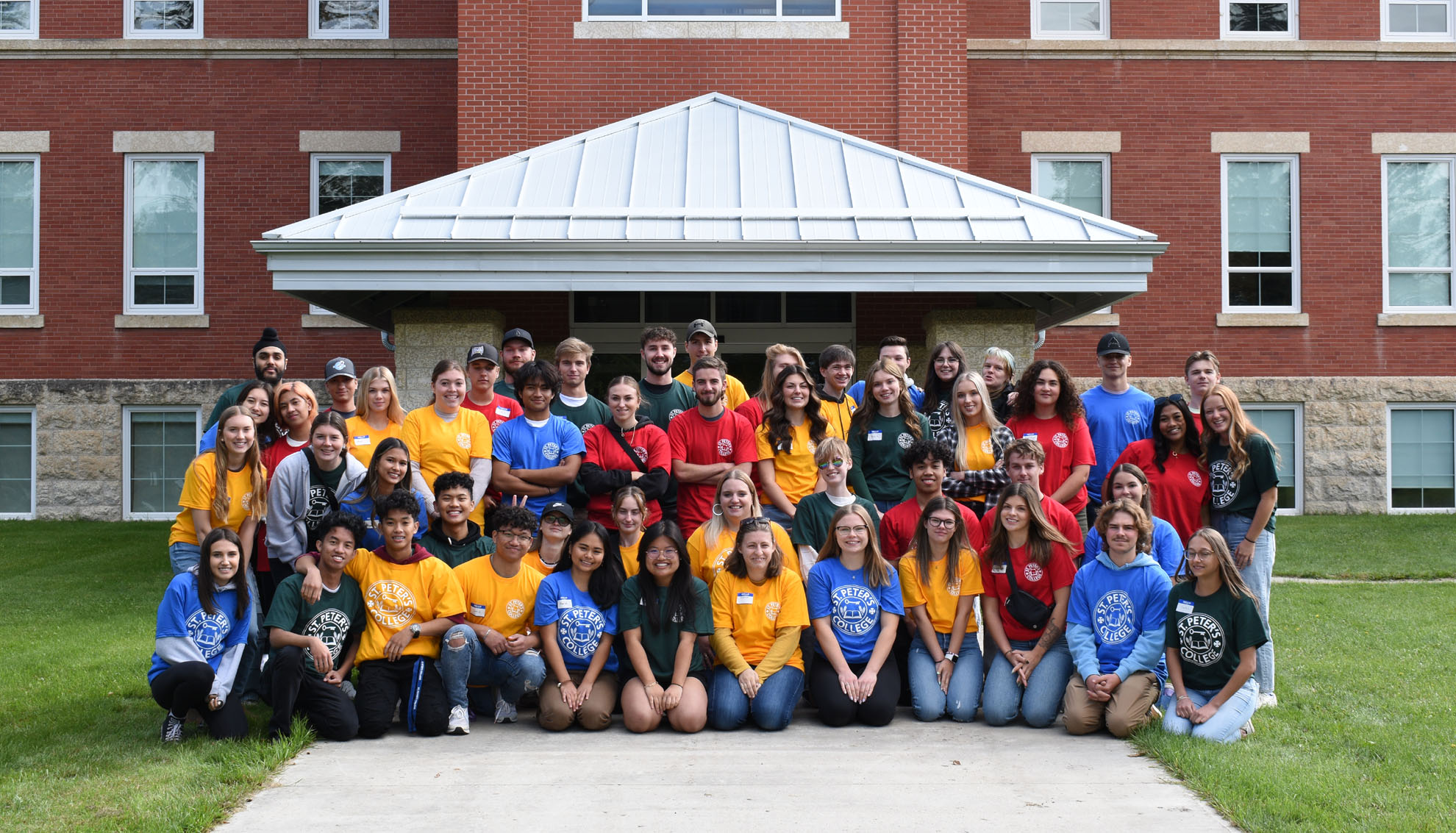About This Program
The Bachelor of Science in Agribusiness teaches business management, economics, marketing, finance and sales, as well as the legal and institutional environment that characterize agribusiness. You will study the structure and organization of the agri-food sector and develop business skills relevant to farm input, on-farm businesses, processing, transportation, credit and marketing.
Upon completion of the first year, many St. Peter’s College students move to the U of S main campus to continue their studies. In some instances, students can complete the second year of studies with St. Peter’s College. St. Peter’s students must meet the same promotion standards as U of S students in order to move into the second year of study. Please contact Student Services for more information on promotion standards. Further information on this program can be found directly on the University of Saskatchewan’s website.
What you will Learn
Agribusiness comes into play at every stage in the food chain, from primary production to the packaging of your favourite snack food. It is also a dynamic business that must respond to advances in technology, changes in trade and policy and to an ever-changing, consumer-driven marketplace.
First Year Classes
| Term 1 | Term 2 |
|---|---|
|
|
Tuition Estimates
| Canadian | International | |
| Tuition | $7,076 | $26,860 |
| Fees | $300 | $300 |
| Books | $1,000 – $1,500 | $1,000 – $1,500 |
| Total | $8,376 – $8,876 | $28,160 – $28,660 |
Tuition will vary depending on the type and number of classes you take in a year. This estimate reflects a typical amount you could expect to pay in your first year if you enroll in a full course load, the maximum number of courses allowed.
Fees are used to fund specific student benefits.
The cost of books and supplies varies widely depending on the courses you choose. It is recommended that you budget between $1,000-$2,000 per year.
*BASED ON THE RATES DISPLAYED ON OUR TUITION PAGE
Careers
4 Year Degree
The transformation of Canadian agriculture has
created new demands for knowledge and education. Consumers and the food service industry are demanding a wide variety of high quality, safe foods that are convenient to prepare. Agribusiness prepares you to become
- agricultural entrepreneurs
- sales professionals, marketing in agricultural chemical, grain handling, seed production and distribution
- business managers
- management consultants
- agricultural lenders
- production managers
- communications and public relations
Graduates from the Bachelor of Science in Agribusiness degree are eligible for Professional Agrologist (P.Ag.) membership in the Saskatchewan Institute of Agrologists, allowing them to engage in the practise of Agrology.
2 Year Diploma
The Diploma in Agribusiness will provide you with skills to start up your own business, to join the family business or to be part of an industry team. Major employment prospects for agribusiness professionals include:
- bank loans officers and financial managers
- processing managers, sales managers, production managers
- farmers, ranchers, feedlot managers, hog barn managers or manufacturers
- business consultants, commodity marketers, real estate broker and as a communications advisor
Graduates will possess business skills with particular application to the value-chain extending from farm inputs, through farm businesses, transportation, processing, marketing and sales and are eligible for the Technical Agrologist designation for the practice of agrology.
In addition, Graduates of the Diploma in Agribusiness program are eligible for the Technical Agrologist designation with the Saskatchewan Institute of Agrologists, allowing them to practice the profession of agrology under the supervision of a Professional Agrologist.
Admission Requirements and Deadlines
Deadlines
St. Peter’s College Deadline:
Students already accepted into their program at the University of Saskatchewan may begin classes at St. Peter’s College anytime before the deadline for registration changes (mid-September and mid-January)
University of Saskatchewan Deadline:
The full list of deadlines for each college at the University of Saskatchewan can be found at the programs specific requirements and deadlines page on their website.
Required High School Classes
- Biology 30
- Chemistry 30
- Foundations of Mathematics 30 or Pre-Calculus 30
Students can be admitted into this college with one subject deficiency that must be cleared before the second year of study.
The high school classes that are required for admission purposes are not always the same as classes you will need to complete the degree program you choose. For example, if you want to minor in chemistry, you will need high school chemistry to take your first-year university classes.
Required Grade Average
Applications are considered up until the deadline. Admission is offered on an ongoing basis until all seats are filled. Applicants who do not meet the admission average but otherwise qualify for admission may be placed on a waitlist.
At the discretion of the college, applicants who had been placed on a waitlist may be offered admission based on their place in the waitlist (determined by admission average).
Minimum admission average: 70%
Learn how we calculate your admission average. If you do not meet the minimum admission average, you may be considered for the Transition Program or for special (mature) admission.
English Proficiency
If your first language in not English, you may have to prove proficiency in English before admission. It is expected that applicants interested in this program are fluent in English.
Ready to apply?
Students must apply and be accepted to the University of Saskatchewan and St. Peter's College. The University of Saskatchewan requires a non-refundable application fee of $90 CDN before your application will be processed. St. Peter's College will process your application at no charge.
Search
Related Programs













